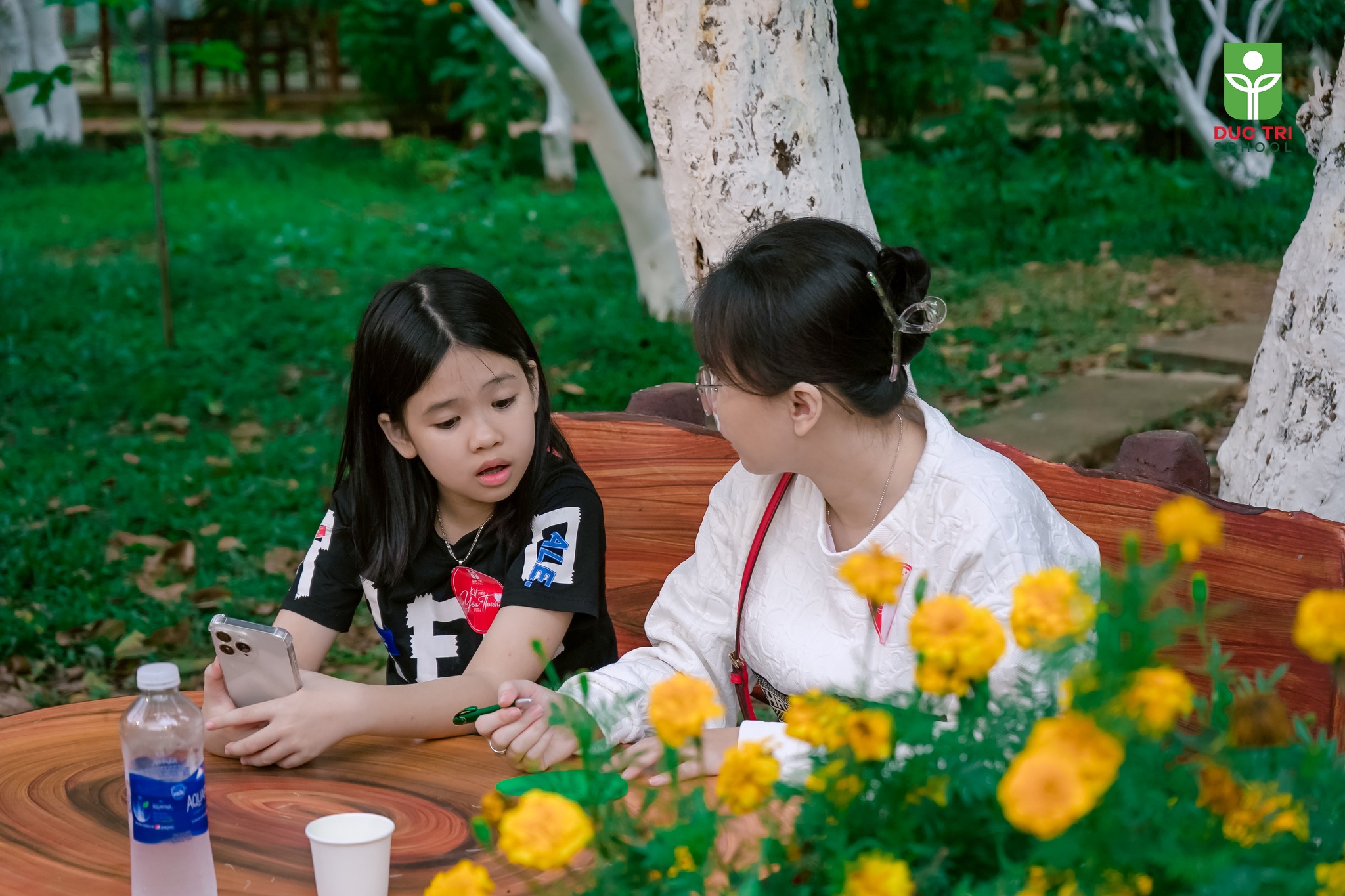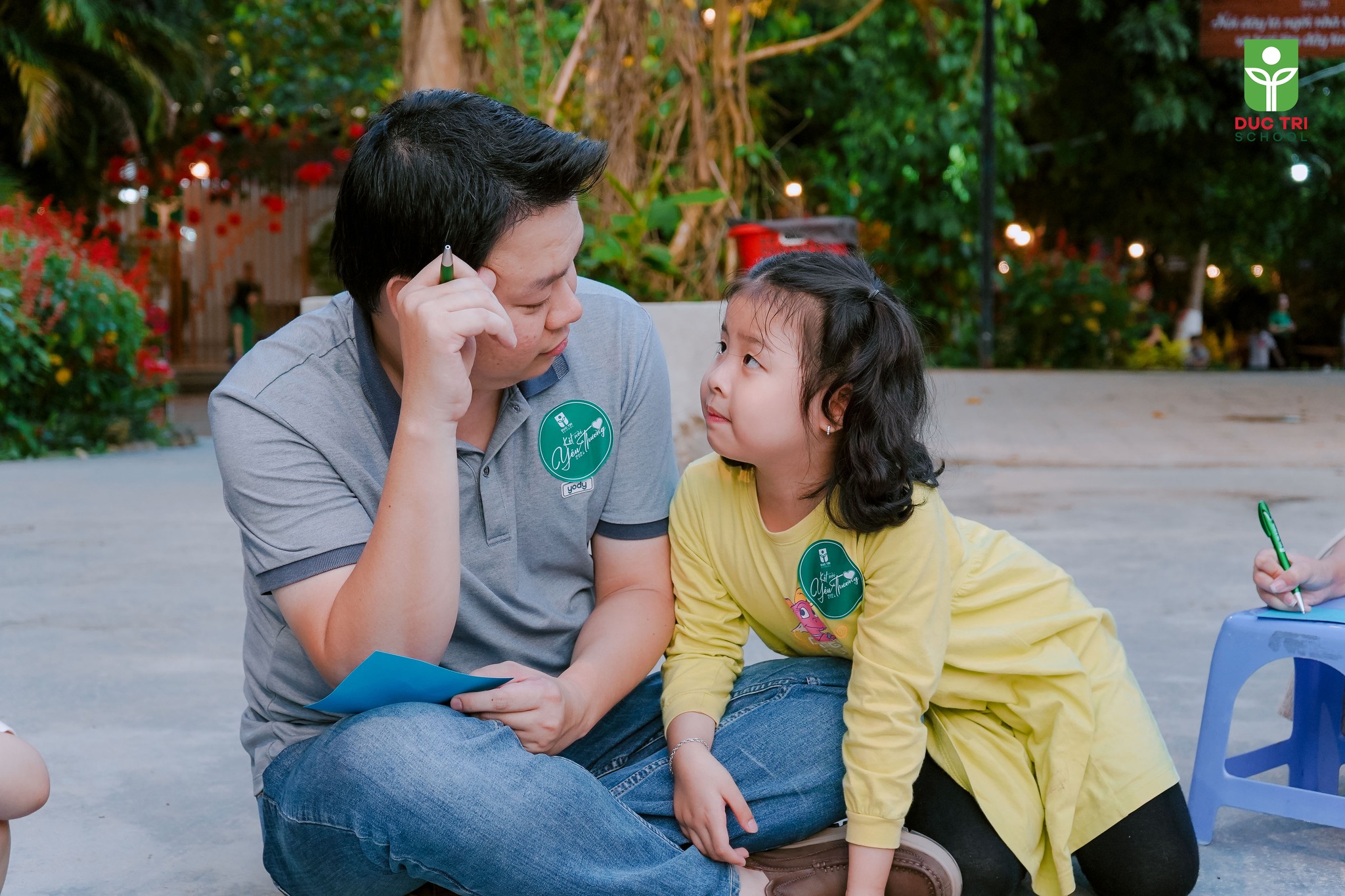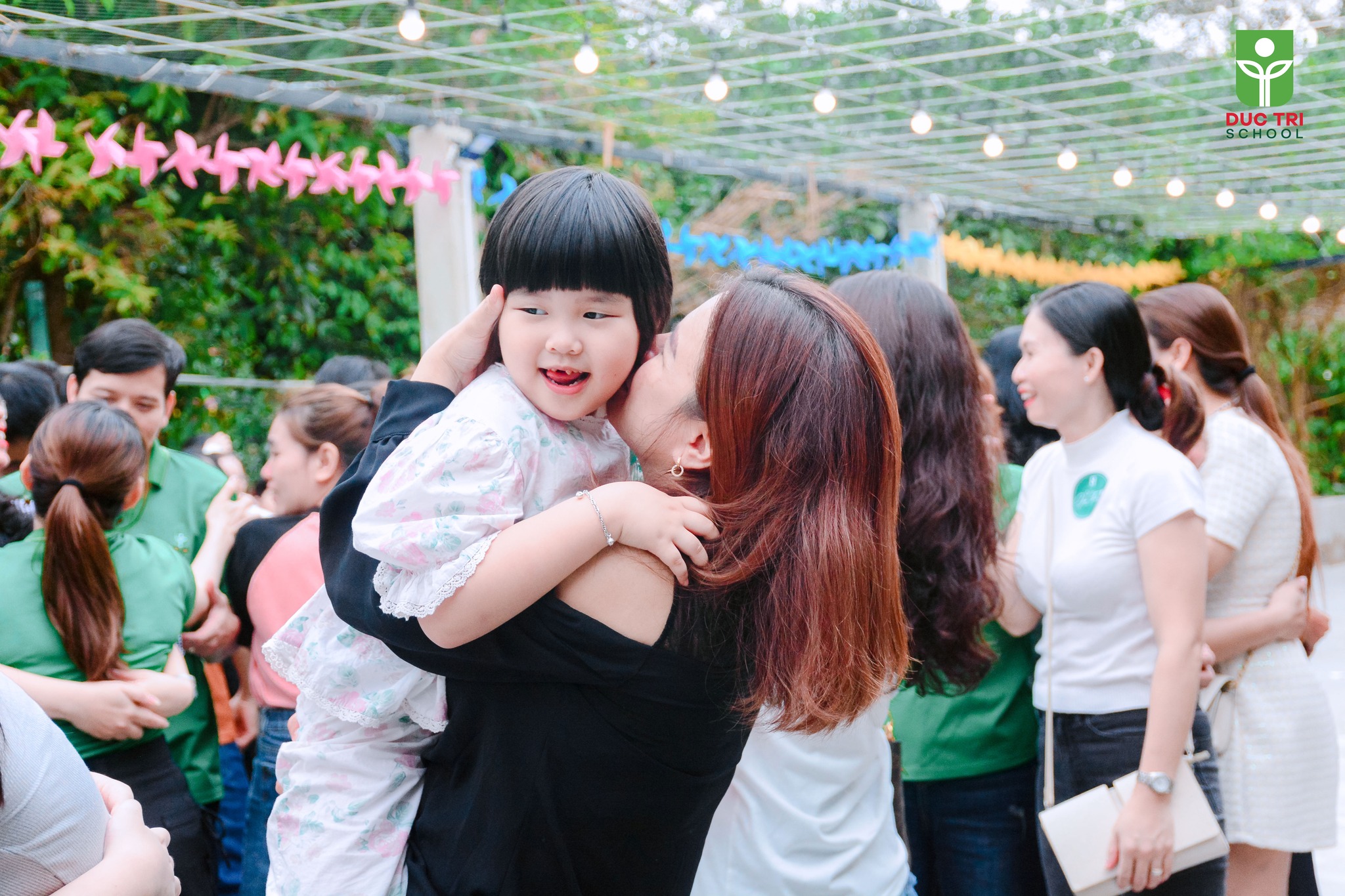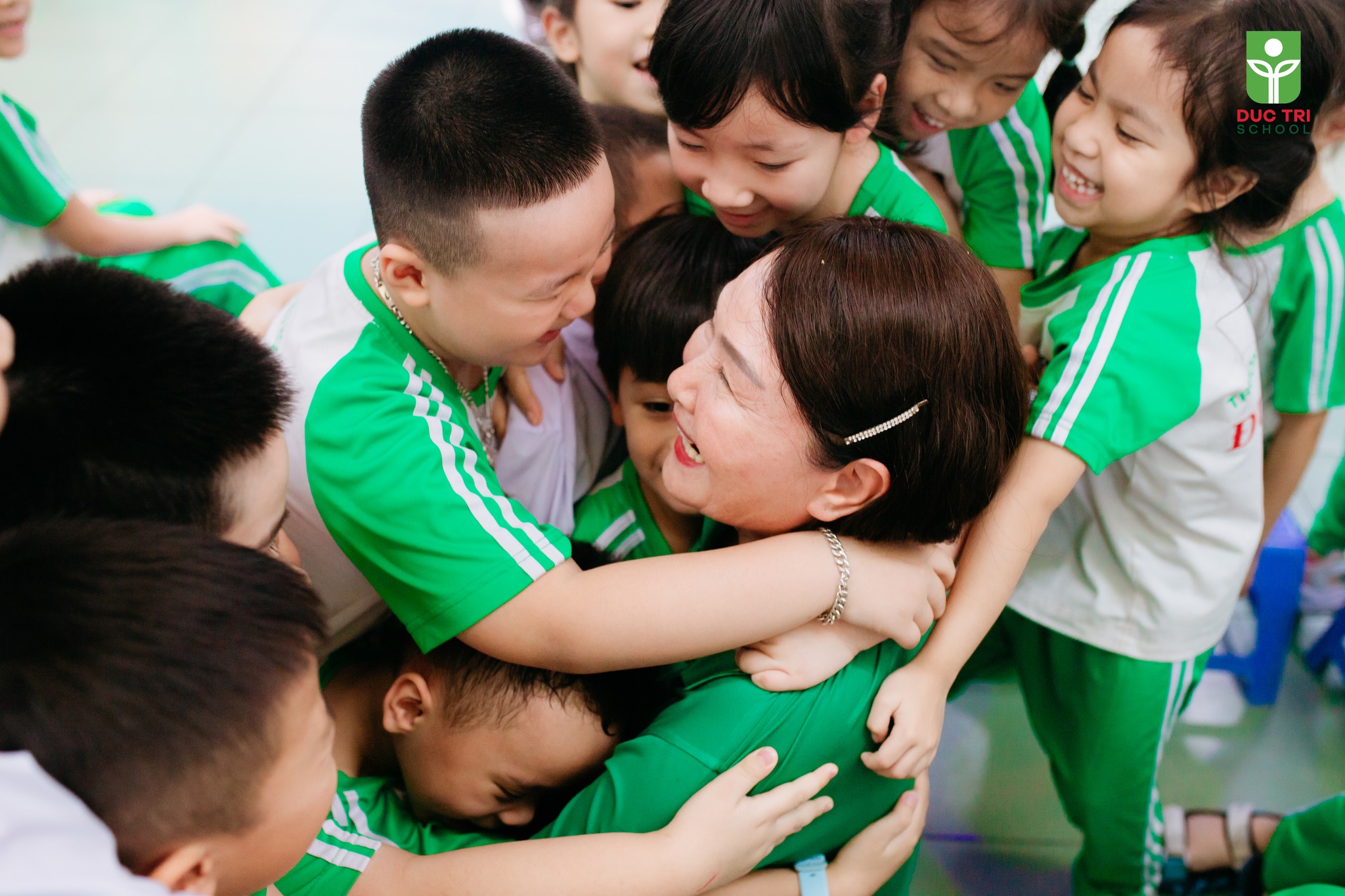Do you ever feel like you are living with a teenage dinosaur? The baby you were just yesterday, cuddly and loving, suddenly becomes irritable, rebellious and argumentative for no reason; everything you shared with them has become a secret; your world has turned into a solid “bunker” that you cannot touch.
When your body and mind are both "rebellious"
Puberty is an extremely special stage in a child's life, and it is also the time when the body has a real revolution. According to experts, this stage begins from 10-14 years old for girls and 12-16 years old for boys. Surely many parents have wondered why their children grow up like a papaya tree overnight, it is thanks to these physiological changes!

In addition to growing taller, your child’s body will also be “transforming” – secondary sexual characteristics such as the voice will change for boys, and girls will begin to develop new female characteristics. But don’t be surprised if your child sometimes becomes confused, upset or even uncomfortable with these changes. Just as we have to get used to a new shirt, it will take time for your child to adjust to his or her changing body.
Along with the physical changes, your child will also experience a wave of emotions. Feelings of low self-esteem, anxiety, or even anger or self-doubt are completely normal.
According to a study from the American Academy of Psychology (APA), puberty can make kids more sensitive to everything around them, from the way people look at them to unintentional jokes from friends.
Children are difficult to understand at this time, but parents will become "superheroes" if they know how.
At this stage, if not careful, children can easily act rebelliously, saying and doing the opposite of what their parents tell them to do. How can parents avoid becoming “enemy number 1” in their children’s eyes at this stage? The key lies in effective communication; sometimes just changing the way they talk will make things much easier if parents understand that their children need the following:
Listen without judgment
Imagine your child as a small boat drifting on the ocean. When facing storms, what your child needs most is not criticism but a safe harbor. Parents can be that harbor by listening to their child sincerely and without judgment. When your child feels heard, he or she will be more confident in sharing what is troubling him or her.

Ask open questions
Instead of asking questions that have one answer, explore your child's emotional world with open-ended questions. For example, instead of asking, 'What did you eat today?', ask, 'What was your favorite food at school today?' These questions help your child open up and talk more freely.

Don't compare your child with other children.
Perhaps nothing is more hurtful than comparing your child to other children who are more talented. Your child is an individual, not a “copy” of someone else. Comparing your child to siblings or friends will only make your child feel inferior and lack confidence.

What can the School – the Common Home do to help children?
Puberty is a roller coaster of a time that takes children through a range of emotions.
In Duc Tri SchoolThe school understands that, in addition to knowledge, children also need a space to share and be listened to. Therefore, the school psychology room is considered a trustworthy, warm "common home", where children can comfortably confide and find comfort in the most uncertain days of this special age.

Along with daily knowledge enrichment, soft skills activities, academic playgrounds, sports and diverse extracurricular activities are also opportunities for children to practice life skills, discover themselves and build healthy social relationships.





So, how can we, as adults, accompany our children through this special period? Let's create a loving environment together, where they feel respected and trusted. Because, every child is a unique flower, only needing the right care will they bloom brilliantly.

